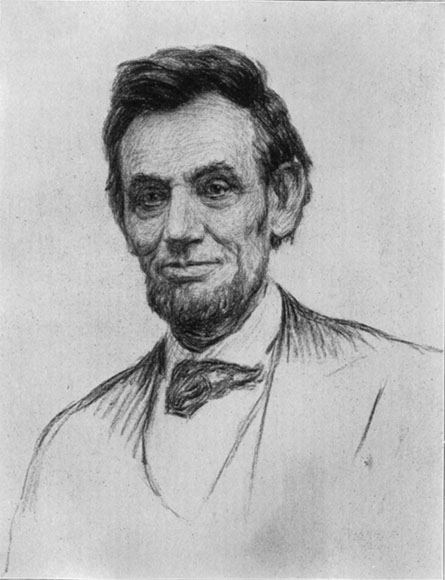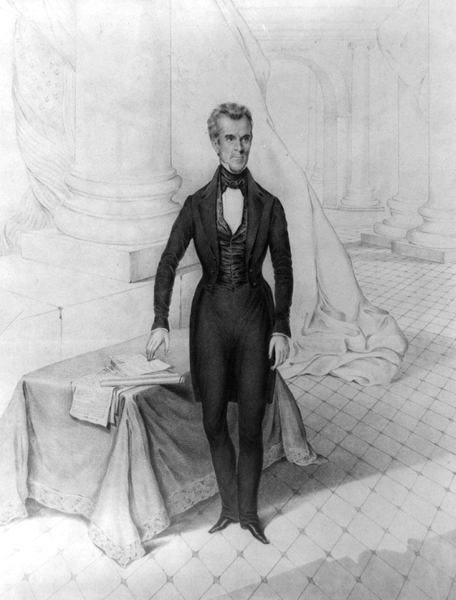
Sojourner Truth delivered this, her most famous speech, at the Women's Convention in Akron, Ohio. In the beginning of the speech by saying that "That man over there says that women need to be helped into carriages, and lifted over ditches, and to have the best place everywhere." She then says no ones ever helped her anywhere or given her the same courtesy, even though she's a woman. She then tells about her hardships as a slave and how she had " borne thirteen children, and seen most all sold off to slavery". After she attacks the audience saying she is as smart as the other women, and that Jesus came from God and a woman. She ends her speech by saying that women were going to flip the world around again.





